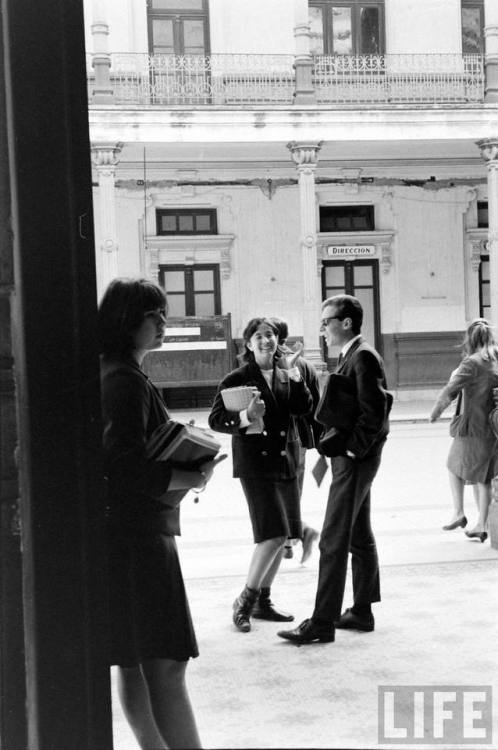#uruguay


rioplatenses… this one is for u <3
Manaña me voy a presentar en el LATU, junto con varios artistas super talentosos para vender nuestros dibujos! :3
Si están en Montevideo, vayan a dar una vuelta, el precio de entrada es un alimento o juguete para animales!! x3
Todo lo recibido por la entrada será donado a refugios!! :o
MAS DATOS DEL EVENTO:
https://www.facebook.com/events/129650074413280/
Perdonen lo repentino, eh estado super ocupada y con gripa… yey x_X
P.s: Sorry for the spanish post eveybody! D: I’ll try to make a proper post as soon as I get healthy and back on track x.x
Hope everyone’s been doing great, hugs!! :3
Último respiro em praia uruguaia. #boatarde #beach #puntadeldiablo #uruguay #travel #trip #instatrip #turismo #aventura #desbravando #friday (em Punta del Diablo)
Post link
Glasgow born footballer John Harley died on this May 15th 1960.
By1906 aged 20 Johnny Harley was a railway engineer working in Springburn, in that year he moved to South America to work on railways along the Río de la Plata. Initially he worked in Argentina where he worked for the Bahía Blanca and North Western Railway and the Buenos Aires Western Railway.
On arriving in Uruguay in 1909 Harley worked for the Central Uruguay Railway. He worked for the railway for 37 years until his retirement. During this time he also played football for teams in Argentina (Club Ferro Carril Oeste) and Uruguay (Peñarol), becoming known as Juan Harley or El Yoni. Peñarol managed the team when they won their first two league titles in 1918 and 1920. Harley’s time with Peñarol as a player and manager is considered significant for the fact that he changed the Uruguayan style of football from a focus on long ball to a game that featured short passing. This style of play is considered to have contributed to Peñarol and Uruguay achieving their success up to the 1920s.
El Yoni went on to win 17 caps for the Uruguay national team, he also managed the team for a year.
Johnny Harley is buried at the Montevideo British Cemetery.
Read more about him here. https://scottishfootballmuseum.org.uk/resources/news/scottish-influence-in-shaping-uruguayan-football/
Post link
Sir Frank Dicksee - Romeo and Juliet (1884)
ROMBAI “Locuras contigo” https://www.youtube.com/watch?v=_g4wxxyqnT4
Post link
Inevitably when people ask me “how many countries have you been to?” their follow-up is “what counts?” It’s a really great question as both the idea of “being” or “going” someplace as well as the meaning of “country” are constructed ideas with multiple definitions.
I thought it would be fun to explain some of the different interpretations of these ideas and show how I count where I’ve been.
“Going”
The “how” of travel counting is often the more debated of the two - as it is intrinsically flexible (i.e without changing your definition you can return a different way and then count it, whereas once you define “country” it is essentially static). The three most common definitions I’ve heard, from most required to least, are:
24-hours: I have a few friends who only count locations that they’ve been in for more than 24 hours (or sometimes even more- maybe a week!) They argue that it needs to be more than a quick jaunt and that the location really needs to be taken in. My thoughts against this methodology is that 1. Some small countries don’t need 24 hours (Liechtenstein, San Marino, etc) and 2. So much can be done in 12 hours! Or even 5! I’ve walked the beach of Old Town Colonia and posed with elephants in Chobe National Park – so if you tell me I haven’t been to Uruguay or Botswana, I’d be less than convinced. In fact, there are more than 10 countries I count that I’ve been in for less than 24 hours! These are mostly in Europe as I’ve done road trips with many stops.
Experience: Personally, this is how I define “going” somewhere- Asking myself “Have I experienced the country?” or “Can I talk about my time in the country and relate to others who have been?” Usually I say that I need to have eaten something and seen a famous site.
Presence:Others say that having been physically located in a place, even in transit, counts as “being” there. I disagree with this way because I don’t think that an airport really gives the feeling of a place, and politically speaking you haven’t crossed the border. That said, sometimes when I get stunning views of the landscape while landing and then have some local cuisine at the airport restaurant, I wonder if it counts
“Country”
The more political of the two travel counting debates is obviously what is a “country”. Despite common belief, there is no real definition of a “country” or a “nation” because different governments recognize various regimes as independent or not. The perfect example of this being some countries refusing to recognize Palestine and others ignoring Israel. But the three most used definitions in travel counting, from least inclusive to most, are:
Political: UN Member Nations: The UN officially has 193 member nations in its main governing body. However, this does not include a number of largely recognized states (some who are observers and a few other that are members of other UN bodies like WHO and UNESCO) such as Palestine, Western Sahara, and the Vatican. I generally think that this is a good measure but being the political one, it is a bit slow to adapt to new movements, and also ignores locations that are so different from who they’re governed by (i.e Hong Kong and Macau which are technically part of China).
Cultural- Slight flexibility: Again, the moderate approach is the one that I use myself. I think defining “country” or “nation” in a more inclusive and flexible way is useful not only in travel counting, but also in general global understanding, cultural appropriateness, and modern identities. I generally think of it on a per-country basis and make a judgement call then. Usually though, my unscientific methodology requires 1. Some level of political autonomy 2. A quite separate cultural identity 3. Other historical and/or economic differences that would mean experiencing one part would not correspond to the other. Some of these are more obvious to me, like Palestine and Kosovo, and others are more grey-zones like Puerto Rico.
Territories, states, and more: It is common in extreme travel counting (those who have been to all UN Member Nations, observer states, partially autonomous locations, etc) to make lengthy lists of “countries” or “nations” that may include all 50 US States, all 7 Emirates in the UAE, each island of New Zealand, etc. This means that lists may exceed 500 or even 800. The most famous forum for travel counting: http://mosttraveledpeople.com/ uses a few counting techniques but also offers a list of 875 locations they describe as: territories, autonomous regions, enclaves, geographically separated island groups, and major states and provinces. These are voted upon by their members for inclusion- but in my perusal of it, I’ve found it to be rather Western-centered with districts in countries like the US and Canada being all separate but not those in some major Eastern countries.
Overall- traveling shouldn’t be just about counting all the stops you make. It is a fun way to plan your next trip or compete in a friendly way – but the real value in travel is the awe-inspiring sites you see, the differently similar people you meet, and the life long memories of experiences had!
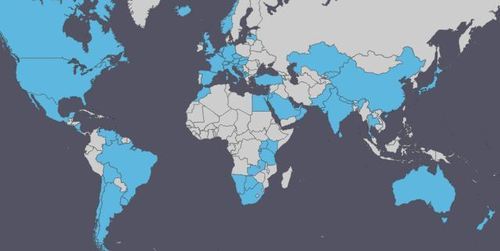
The map of the 81 “countries” I will have “been” to by next week

Javier Pi 2020, mixedmedia on canvas
Javier Pi mixedmedia on canvas 2019-2020

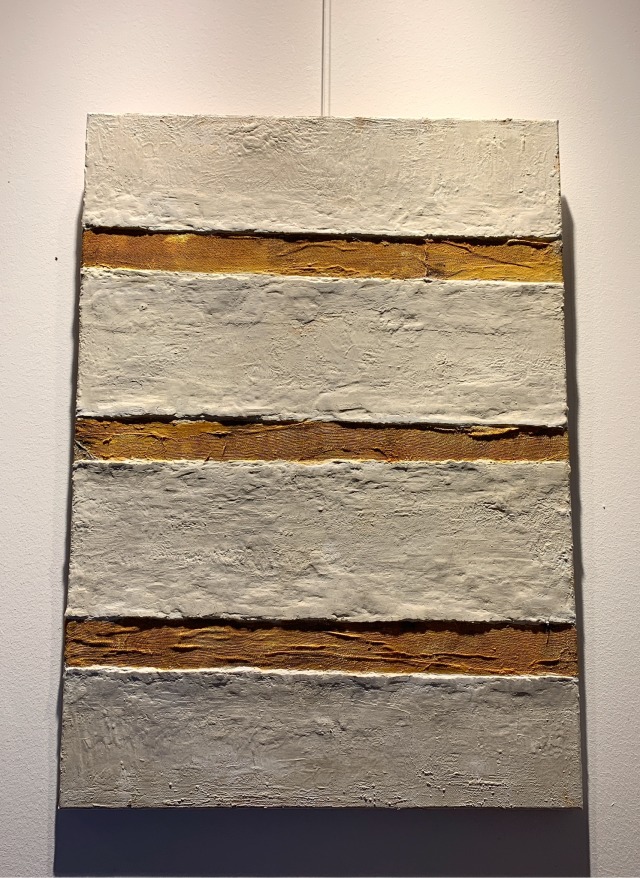
Javier Pi 2020 mixedmedia on canvas
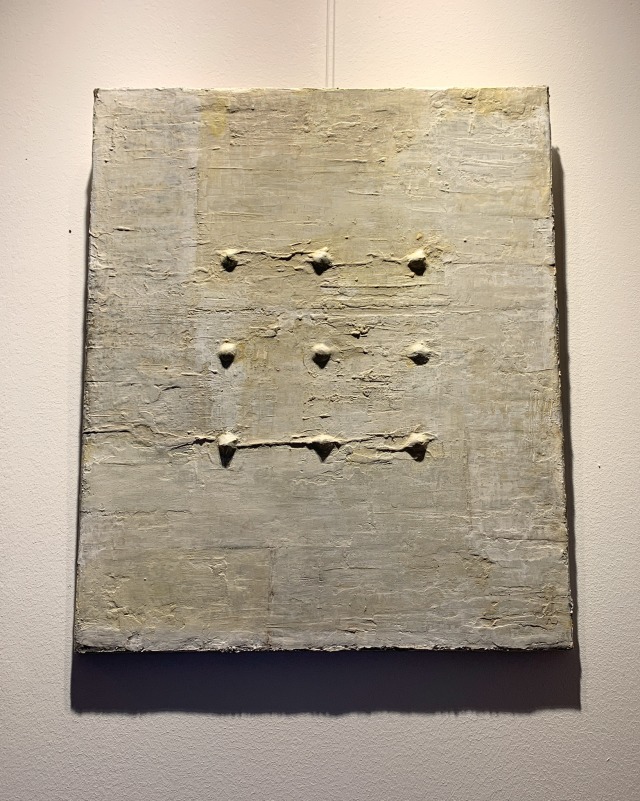
Javier Pi, mixed media on canvas 2020
Javier Pi 2018, Mixed media on canvas
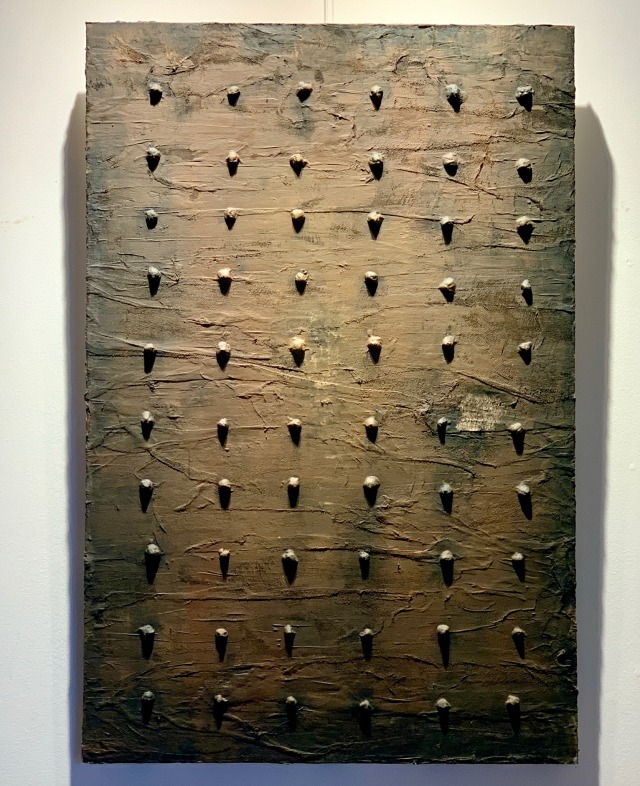


Javier Pi 2020, acrylic, mixed media on paper and wood

Javier Pi, acrilico sobre panel 2019

Javier Pi Tecnica mixta sobre lienzo 2018

Javier Pi tecnica mixta sobre panel 2020

